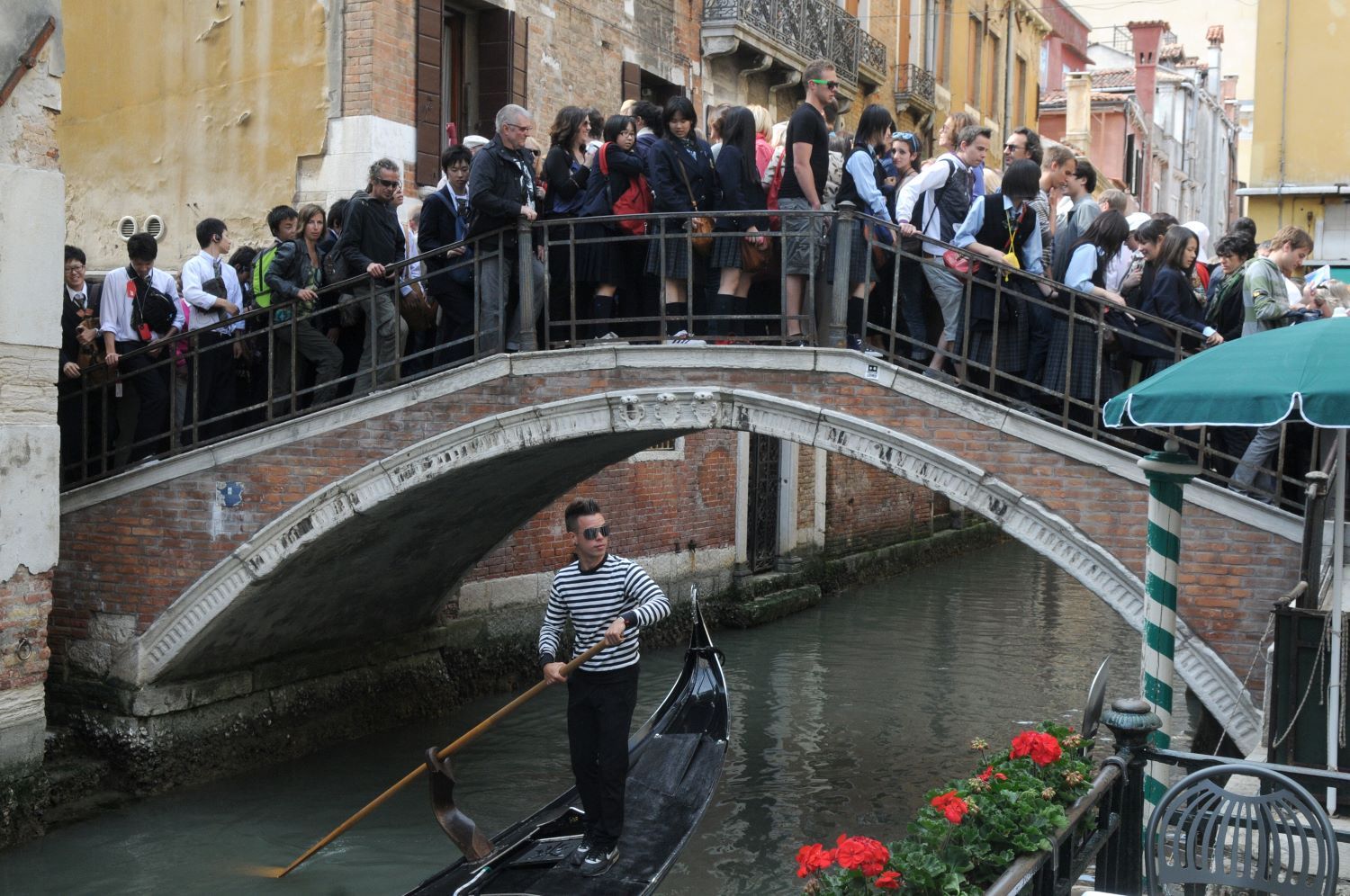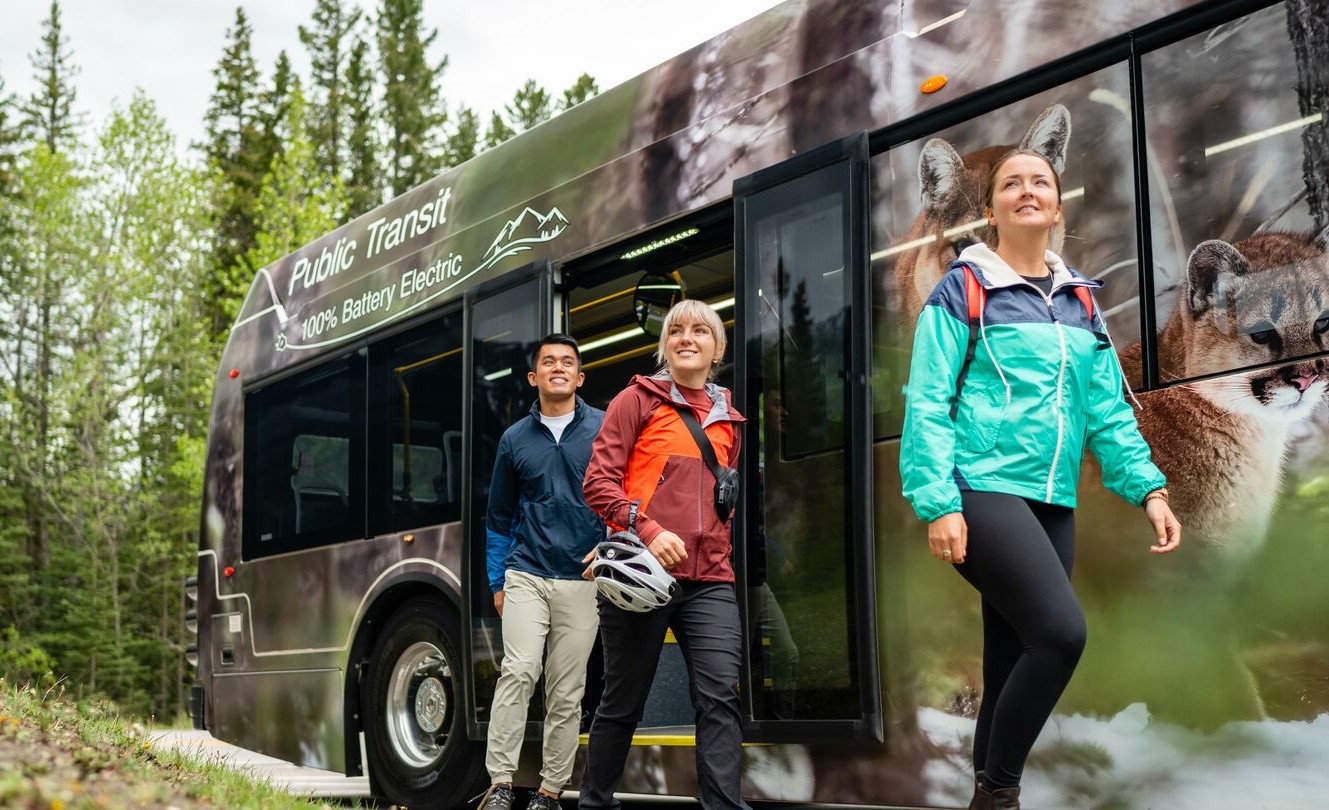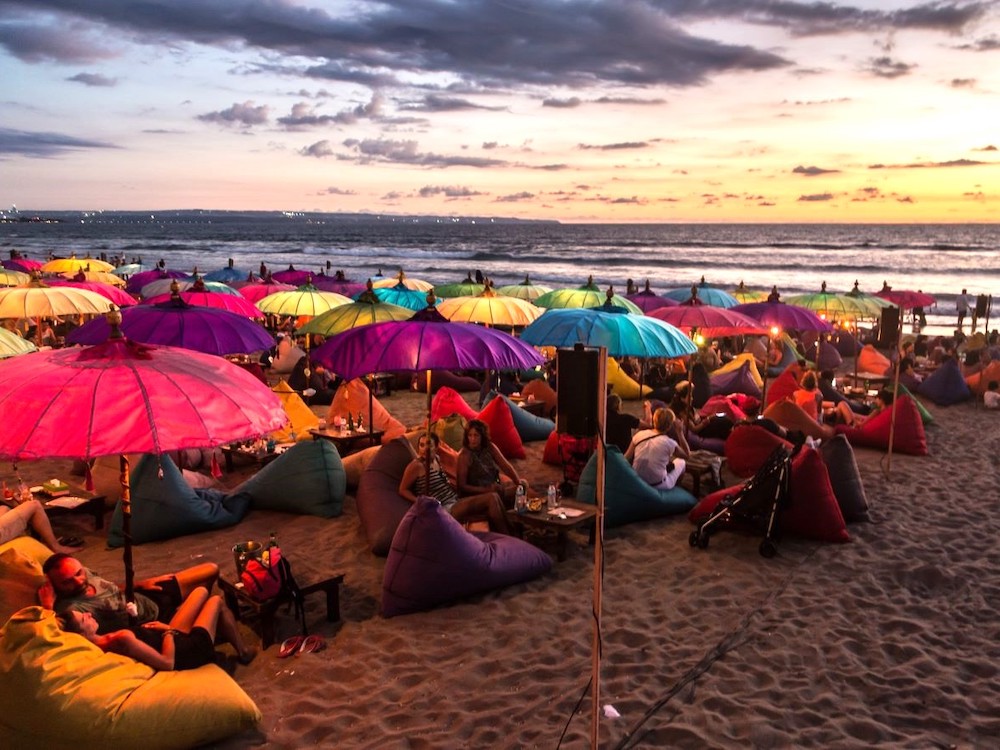[Editor’s note: This is excerpted from ‘Reservations: The Pleasures and Perils of Travel’ by Steve Burgess, contributing editor of The Tyee, slated for April 27 release by Douglas & McIntyre. You can pre-order. Burgess discusses his funny and probing book on May 2 at the Vancouver Public Library main branch.]
Overtourism became a major issue in the 21st century, leading Fodor’s Travel to create a “No List” for besieged spots tourists should avoid, for their own good and more importantly for the health of the destinations themselves. The “No List” published in November 2019 included Bali.
“In 2017 a ‘garbage emergency’ was declared over the amount of plastic on beaches and in waters,” Fodor’s said. “The Bali Environmental Agency recorded that the island produced 3,800 tons of waste every day, with only 60 per cent ending up in landfills — an obvious observation to anyone visiting the island.”
Fast-forward to 2021. From January to October, Bali recorded 45 international tourist arrivals. Forty-five people. That’s a single tour bus. Who knew Fodor’s possessed such power?
It was of course not Fodor’s but COVID-19 that caused Bali tourism to stop like Wile E. Coyote smacking into a painted tunnel. And Fodor’s had not been warning of a pandemic when they advised people to stay away. Still, the arrival of coronavirus and its global spread could stand in for a host of issues. It serves as a reminder that if travel problems are not fixed, they may fix themselves in uncontrollable ways.
Anyway, no need to concern yourself about the potential issues that might face a tourist-free world. According to the United Nations World Tourism Organization, international arrivals were up by 172 per cent for the period of January to July 2022 when compared to the same period in 2021, with positive numbers from every global region. Revenge travel, they called it. Just who is the victim of this vengeance is a matter of opinion.
Various destinations have been struggling to find solutions for crowd management. None has faced more crowd control issues than Venice, the international capital of travel glut. Venice is in danger of becoming the first major world city eaten alive by tourism, its dwindling population replaced by throngs of cruise ship day trippers until it reaches a critical level, below which it no longer functions as a community. The designated mayor of Venice will be whoever disembarks first on a given day.
“One of the things Venice did [that] I thought was interesting was put up turnstiles to charge visitors coming in,” says Greg Oates of travel consultants MMGY. “And that didn’t work out so well.”
In fact it was locals who objected, tearing down the turnstiles as an offence to their dignity. “There was the idea that if you put up turnstiles you are turning it into a Disneyland,” Oates says. “But it already is a Disneyland.”
“I think that sort of thing is going to happen around the world,” says Claire Newell of Travel Best Bets. “When I was a little girl I was allowed to touch Stonehenge. You can’t even get close anymore. At Machu Picchu I was able to walk on it with my family. But people will not be allowed to do that.”
Venice eventually opted for subtler alternatives to turnstiles, charging day trippers a fee that changes according to the expected traffic, and a sliding scale of smaller fees for hotel stays.
My own two-day stay in Venice, back in 2002, was disillusioning. From canal to table, my companions and I faced price gouging and thinly veiled hostility. Yet when I saw what service staff had to put up with, I couldn’t really blame them. I watched one tourist barge into a man setting tables, knocking him sideways and then walking away without a backward glance. I caught the waiter’s eye and he merely shrugged. For him, clearly, it was just another day in Venice. (I confess to some cruel enjoyment as I walked past a shell game being operated on the Ponte dell’Accademia just as an American woman plaintively asked, “But do I get my 50 euros back?”)

“The most toxic word in the global tourism industry is capacity,” says Oates. “Nobody wants to talk about capacity limits. Tourism is a business. Tourism businesses hire a lot of people and bring in a lot of taxes that provide a lot of community services.”
Part of the issue is seasonal. “A responsibility of anyone working in the travel and tourism industry is to try to get people travelling in off-peak times,” Newell says. “If you don’t have kids that are pigeonholed to summer vacation or winter break, why not go to, say, Europe in April, May or early June, or late September, early October? Those are my favourite times to go anyway. Of course it will be different times of year for different destinations. But going in those off-peak times is a way to make the impact not so brutal on the residents.”
“Maybe you want to shift volumes across the week rather than just the weekend,” Oates says. “So you would bring in reservation systems like they have done in Banff. Banff has done a nice job of introducing reservation systems for buses — you have to buy a ticket so they can manage the flow. It’s not to say that there are fewer people in a week. It’s just about not having three-hour lineups.”
“Set quotas, raise entrance fees and use the additional funds raised to create new jobs for locals and pay for carbon offsets,” says Bangkok University’s Edward Koh. “These are all good things to do.”
I love Rome and on every visit I am reminded that I share that love with millions. It’s why I try to steer clear of spots like the Trevi Fountain. Featured in a number of movies — 1953’s classic Roman Holiday, 1954’s Three Coins in the Fountain and, most memorably, the 1960 movie La Dolce Vita when Anita Ekberg and Marcello Mastroianni waded in its waters — the Trevi is mobbed all day, every day. It’s unlikely many members of those throngs have ever seen Federico Fellini’s classic film but the fountain’s fame has become self-sustaining. It’s a guidebook must-see. Trevi is beautiful. But Rome has a wealth of beauty and history, arguably the most of any city. The mobs around Trevi have a dispiriting feel, the mindless quality that goes with compulsory tourism. Trevi functions like a bug light.
La Dolce Vita’s fountain scene was filmed on a series of cold nights in March 1959, which allowed Ekberg and Mastroianni to wade in peace. But there weren’t as many crowds around anyway — tourist numbers in Rome approximately 65 years ago were a fraction of current totals. Cheap airfare has been a boon for tourism. It has made international travel affordable to people who in another era could never have dreamed of a grand tour. It has also been, environmentalists say, a disaster for the planet.

Ecological economist William Rees at the University of British Columbia offers the drastic solution of a complete ban on air travel. I suggested to Rees that such a ban, even if possible, would unavoidably fall upon economy-class passengers and exclude the very wealthy, the government and the military, none of whom could ever feasibly be denied access to air travel.
“Probably correct,” he replied. “In other words, things will be pretty much the same for climate provisions as everything else. The wealthy already get away with all sorts of things beyond the capacity of mere mortals — tax breaks, if not outright tax evasion, come to mind. Inequality has always been a fact of human life, at least in so-called ‘organized’ or ‘civilized’ societies. I’m not condoning these sorry realities, merely pointing them out as a fact of human social organization. Humans in groups are a hierarchical species. We establish pecking orders, just like chickens and horses.”
“On the other hand, the coming energy shortage could shut down airlines. If governments get sensible about climate change yet recognize that there are as yet no quantitative substitutes for fossil fuels, then we should see the remaining fossil fuel budget allocated to essential uses only.”
Travel agent Shalene Dudley takes strong issue with that argument. “I have my own bone to pick with sustainability,” Dudley says. “Supporting tourism for countries that base their economy on tourism is sustainable. If a country’s GDP is based on tourism and we stop going there, what happens? Let’s worry about people who can’t even get to their families when they are bereft of resources. People can’t even eat and you’re worried about the carbon footprint?
“Sustainability is important,” Dudley continues. “But you can’t have all these other things without the human element. If you want people to be able to work together to conquer these problems we need to support each other. If people aren’t eating every day they’re not worried about their carbon footprint. That’s not on their hierarchy of needs.”
Professor Rees counters that climate change will hit the lower economic classes hardest. “Bottom line,” he says, “poorly handled, climate change is likely to exacerbate the divisions between rich and poor within countries and between wealthy and developing nations. That said, the key word is potential — if people are sufficiently enraged, we could have an equitable situation from below.”
Doing things the right way and paying people fairly for their labour costs money.
“You have your hard-core conservationists at one end of the spectrum and at the other you have your business owners that have no respect for anything but the bottom line,” says Oates about the range of approaches to the business of tourism.
“We need to do a better job of understanding, at what point are we doing a disservice to the environment, to the community and potentially harming a destination permanently through overuse? But the definition of that is so fluid. We have to be cognizant of the impact of travel on the community. That’s the three pillars: people, planet, profit.”
This is one of several occasional excerpts The Tyee is sharing with permission from ‘Reservations: The Pleasures and Perils of Travel’ by Steve Burgess, to be published by Douglas & McIntyre on April 27, 2024. You can pre-order. ![]()

















Tyee Commenting Guidelines
Comments that violate guidelines risk being deleted, and violations may result in a temporary or permanent user ban. Maintain the spirit of good conversation to stay in the discussion and be patient with moderators. Comments are reviewed regularly but not in real time.
Do:
Do not: